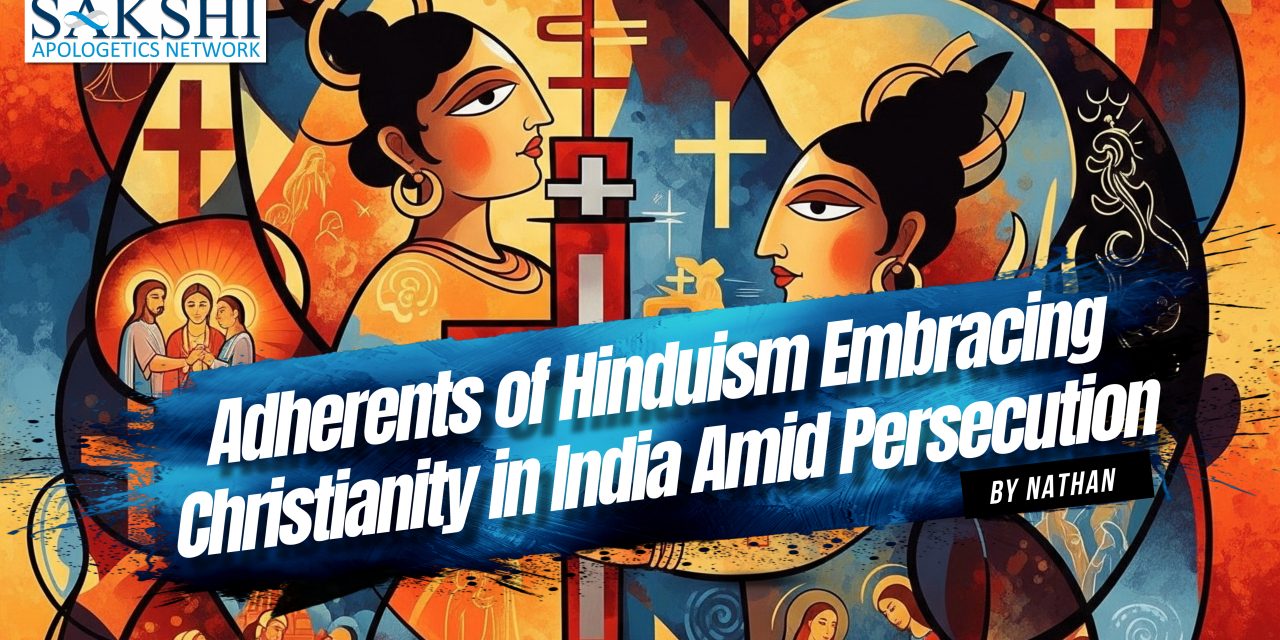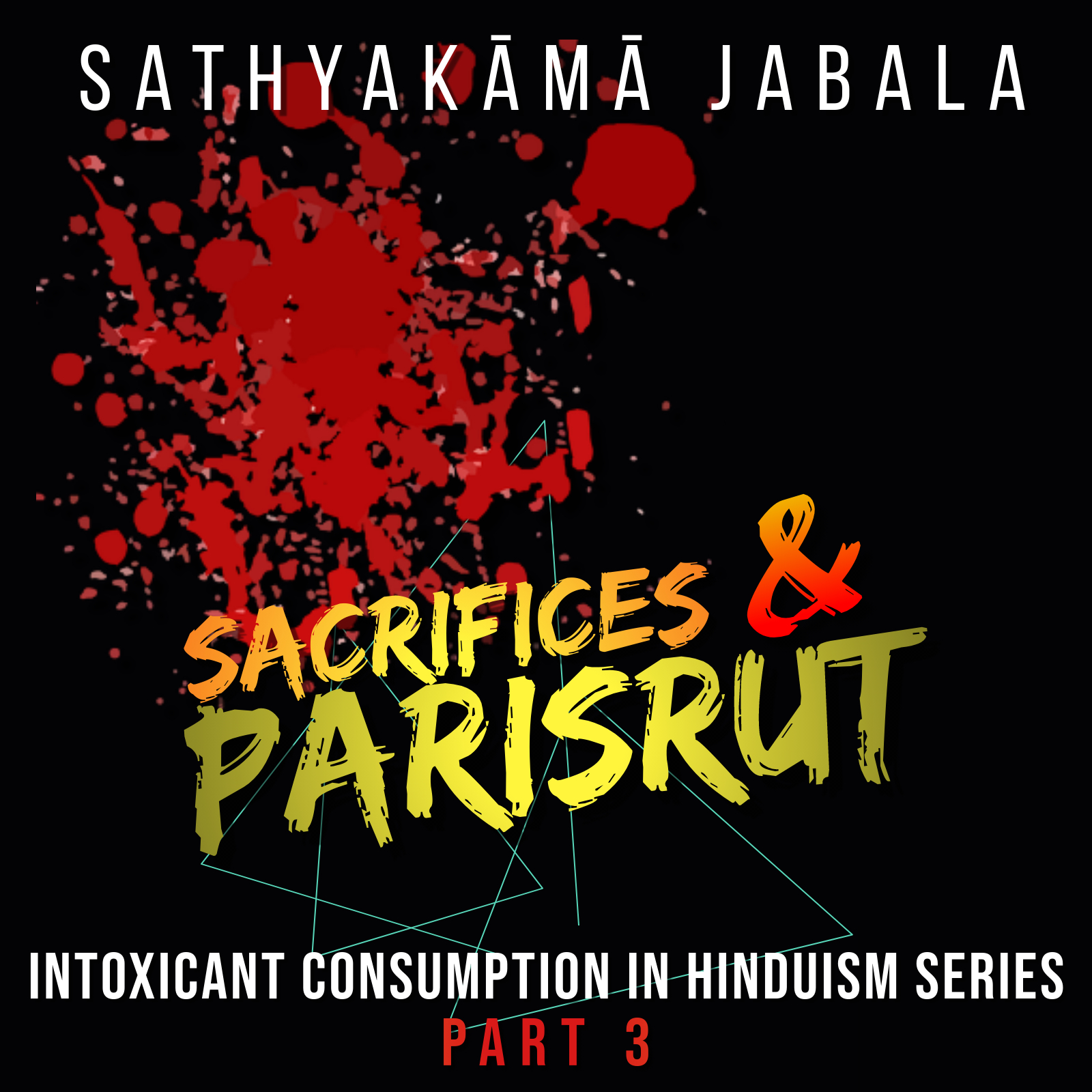Prologue: The Quest for Truth in India’s Spiritual Landscape
India, a tapestry of religious traditions, is witnessing a subtle yet profound movement of adherents of Hinduism embracing Christianity. This shift, rooted in personal conviction, social yearning, and spiritual inquiry, unfolds against a rising tide of religious persecution targeting Christians. As Indian Christian apologists, we seek to examine the extent of conversions to Christianity, the philosophical and spiritual impulses behind them, and the challenges posed by persecution, while upholding the transformative truth of the Gospel. Drawing on credible data and sacred texts, we invite readers to contemplate the call for religious liberty enshrined in India’s constitution through a lens of reason and faith.
Quantifying the Turn to Christianity: A Demographic Reflection
Precise numbers for conversions to Christianity are elusive due to underreporting and social pressures, yet recent studies illuminate a steady trend. A 2021 Pew Research Center study estimates that 0.4% of Indian adults—approximately 5.6 million people—identify as converts to Christianity, within a population of 1.4 billion. Though modest compared to India’s Hindu majority (79.8%), this trend is pronounced in South India and the Northeast, where Christianity flourishes. States like Nagaland, Mizoram, and Meghalaya boast Christian majorities, while Arunachal Pradesh reports about 30% Christian adherence.
Observers describe the growth of indigenous churches as remarkable, with thousands of adherents of Hinduism, particularly Dalits and Adivasis, drawn to Christianity annually. These marginalized groups, burdened by the caste system, find in Christianity a vision of equality and dignity, as articulated in Galatians 3:28: “There is neither Jew nor Gentile, neither slave nor free, nor is there male and female, for you are all one in Christ Jesus” (Galatians 3:28, NIV). This resonates with those seeking emancipation from social hierarchies, which texts like the Manusmriti (Chapter 8, Verse 413) have historically reinforced by codifying caste distinctions.
Unverified claims of mass conversions, such as a 2023 report alleging over 100,000 adherents converted in a week, lack substantiation and often serve rhetorical ends. Credible data points to a gradual increase, fueled by grassroots evangelism, education, and Christian community service. Christianity’s emphasis on compassion and justice contrasts with practices some adherents critique as ritualistic, as noted in the Bhagavad Gita (Chapter 2, Verse 42-43), where Krishna admonishes those who cling to ritual over true wisdom.
Philosophical Impulses for Embracing Christianity
Several factors drive adherents of Hinduism to Christianity. Foremost is the Christian proclamation of salvation through faith, as declared in John 3:16: “For God so loved the world that he gave his one and only Son, that whoever believes in him shall not perish but have eternal life” (John 3:16, NIV). This promise of a personal relationship with God contrasts with Hinduism’s complex pantheon and rituals, offering spiritual clarity, particularly in rural areas where house churches proliferate. Additionally, Christian institutions have long advanced education and healthcare, with 60% of schools and 70% of hospitals in India tracing their origins to Christian initiatives, attracting lower-caste adherents seeking dignity.
A critical factor is the rejection of caste oppression. Christianity’s vision of equality before God, as stated in Colossians 3:11—“Here there is no Gentile or Jew, circumcised or uncircumcised, barbarian, Scythian, slave or free, but Christ is all, and is in all” (Colossians 3:11, NIV)—challenges the caste system, which persists despite reforms. The Rig Veda (Book 10, Hymn 90, Verse 12), with its Purusha Sukta, is often cited to justify caste divisions, yet many adherents find this at odds with justice, aligning instead with Christian egalitarianism.
Addressing a pervasive stereotype, some claim Christians pay or coerce adherents to convert, a narrative fueled by anti-conversion laws and nationalist rhetoric. This accusation oversimplifies the reality of genuine faith transformations. Converts often cite spiritual conviction, personal encounters with Christian teachings, or the tangible love of Christian communities as their motivation, not material gain. The Bible warns against deceitful motives, stating, “Each of you should give what you have decided in your heart to give, not reluctantly or under compulsion, for God loves a cheerful giver” (2 Corinthians 9:7, NIV). Conversions driven by faith, not inducements, reflect the authentic appeal of Christianity’s message, countering the stereotype with the integrity of sincere belief.
The Hindu Quest for Spiritual Fulfillment
Many adherents of Hinduism, driven by a deep spiritual thirst, seek satisfaction through diverse avenues, turning to gurus, babas, numerologists, and astrologers. This pursuit reflects a yearning for meaning and divine connection, as echoed in the Brihadaranyaka Upanishad (4.4.5), which speaks of the soul’s longing for the eternal. Yet, the proliferation of spiritual guides often leads to transient solutions, with some exploiting devotees’ hopes, as seen in controversies surrounding self-styled godmen. The Bhagavad Gita (Chapter 4, Verse 34) advises seeking true knowledge from a wise teacher, but the multiplicity of paths can leave seekers unfulfilled. Christianity, with its singular focus on Jesus Christ as the source of eternal life—“I am the bread of life. Whoever comes to me will never go hungry, and whoever believes in me will never be thirsty” (John 6:35, NIV)—offers a definitive answer to this spiritual hunger, drawing those weary of endless searching.
The Persecution of Christians: A Philosophical Tension
Despite India’s constitutional guarantee of religious freedom under Article 25, Christians face escalating persecution, often linked to accusations of forced conversions. In 2024, the Evangelical Fellowship of India recorded 640 verified attacks on Christians, a 6.5% rise from 2023, including assaults, church vandalism, and arrests under anti-conversion laws in 12 states. These laws’ vague terms enable misuse, as seen in February 2024, when a Rajasthan mob attacked a church, yet the pastor was charged with forced conversion.
Hindu nationalist groups like the Rashtriya Swayamsevak Sangh (RSS) and Vishva Hindu Parishad (VHP) promote “Ghar Wapsi” (homecoming) campaigns, sometimes coercing Christians to reconvert to Hinduism. In January 2022, 40 Christians in Madhya Pradesh faced threats of losing benefits or land. Such actions contradict the Hindu principle of ahimsa (non-violence), as stated in the Mahabharata (Anushasana Parva, 115.55). The Bible, however, calls Christians to endure, as in 1 Peter 4:12-14: “Dear friends, do not be surprised at the fiery ordeal that has come on you to test you, as though something strange were happening to you. But rejoice inasmuch as you participate in the sufferings of Christ, so that you may be overjoyed when his glory is revealed. If you are insulted because of the name of Christ, you are blessed, for the Spirit of glory and of God rests on you” (1 Peter 4:12-14, NIV).
Persecution extends to social ostracism, with converts facing boycotts or pressure to perform Hindu rituals. In Manipur, since May 2023, over 250 churches were destroyed, and 70,000 people, mostly Christian Kuki-Zo, were displaced. These realities challenge India’s secular ideals, demanding a recommitment to religious liberty.
A Christian Ethic in the Face of Adversity
As Indian Christians, we hold that the response to persecution lies in love and truth, as commanded in Matthew 5:44: “But I tell you, love your enemies and pray for those who persecute you” (Matthew 5:44, NIV). Despite claims of Christianity’s foreignness, its roots in India date to the first century with the St. Thomas Christians. The Gospel’s message of hope and justice, embodied in Christian service, continues to draw hearts through compassion, not coercion.
An Invitation to Encounter Christ
If you seek true salvation, we invite you to turn to Jesus Christ, who offers eternal life and a personal relationship with God. Matthew 7:7 declares, “Ask and it will be given to you; seek and you will find; knock and the door will be opened to you” (Matthew 7:7, NIV). If you earnestly desire salvation, pray for Christ to reveal Himself to you. He proclaims, “I am the way and the truth and the life. No one comes to the Father except through me” (John 14:6, NIV), offering peace that surpasses understanding. The Mundaka Upanishad (3.2.3) urges pursuit of ultimate truth; we believe this truth is Christ, who invites all: “Come to me, all you who are weary and burdened, and I will give you rest” (Matthew 11:28, NIV). Open your heart, seek Him in prayer, and discover His transformative grace.
A Vision for Harmony and Truth
The growing number of adherents of Hinduism embracing Christianity reflects a quest for spiritual truth and social dignity, yet this movement faces fierce opposition. Persecution, driven by Hindu nationalist ideologies, threatens India’s secular fabric, but Christian resilience and the Gospel’s power offer hope. We urge Indians to uphold Article 25’s promise of religious freedom, reflecting on Isaiah 1:17: “Learn to do right; seek justice. Defend the oppressed. Take up the cause of the fatherless; plead the case of the widow” (Isaiah 1:17, NIV). May India embrace its diversity, fostering peace and justice.
Prayer: Heavenly Father, we thank You for Your boundless love and the hope found in Your Son, Jesus Christ. Guide those seeking truth to encounter Your grace. Strengthen those facing persecution, and may India shine as a beacon of peace and freedom. In Jesus’ name, Amen.
God Bless.
References
-
Pew Research Center, 2021. “Religion in India: Tolerance and Segregation.”
-
Evangelical Fellowship of India, 2025. “2024 Annual Report on Religious Liberty.”
-
International Christian Concern, 2022. “Forty Christians Forcibly Re-Converted in India.”
-
Open Doors UK & Ireland, 2024. “How are Indian Christians persecuted?”
-
Global Christian Relief, 2016. “Christian Persecution in India.”
-
Wikipedia, 2024. “Ghar Wapsi.”
-
ZENIT, 2025. “India: Hindu persecution against Christians increases.”
-
The Bible, New International Version (NIV).
-
Manusmriti, Rig Veda, Bhagavad Gita, Mahabharata, Brihadaranyaka Upanishad (translations by various scholars).






Recent Comments